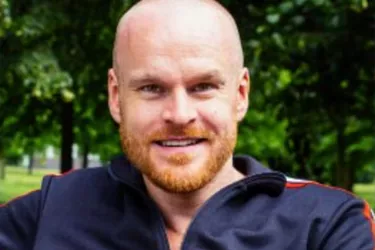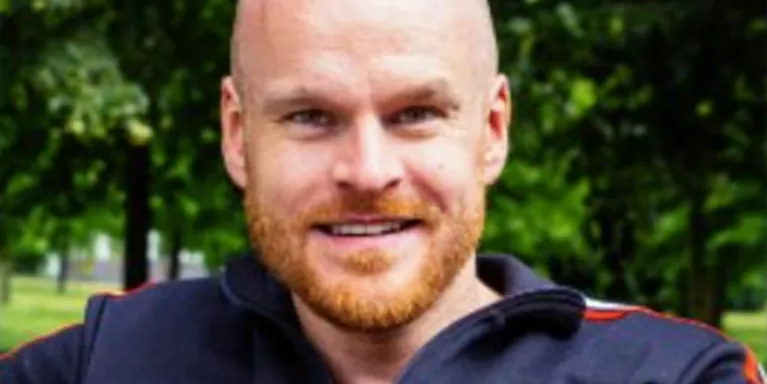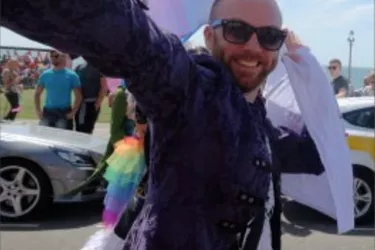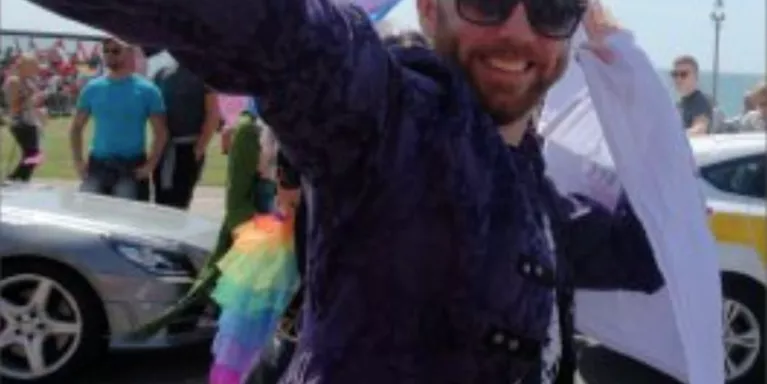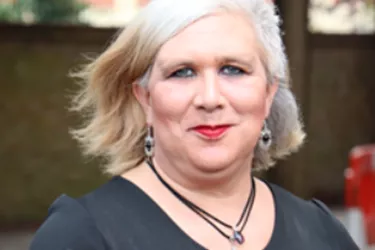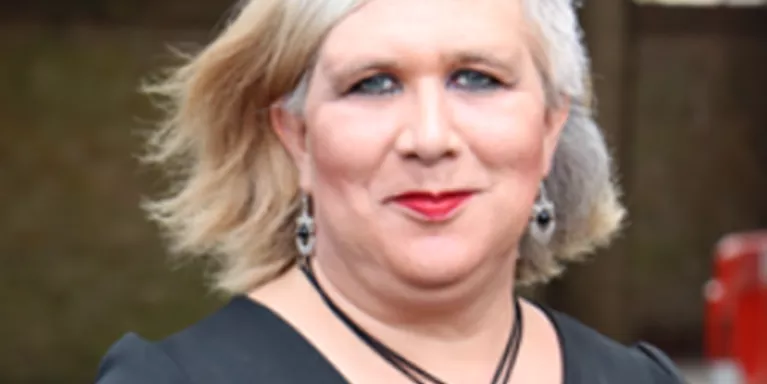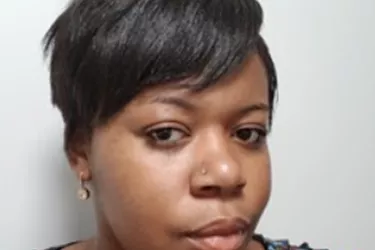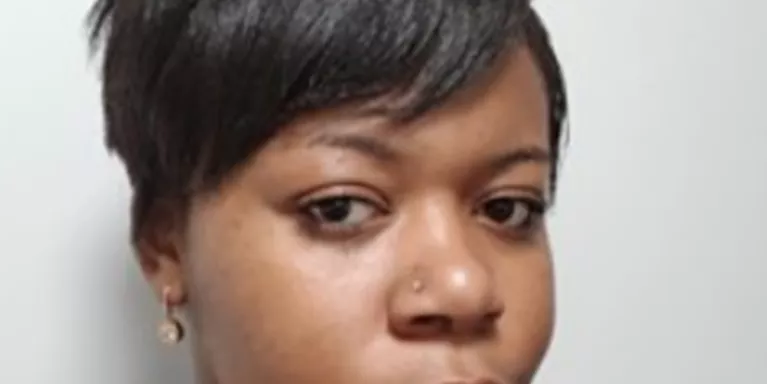Being bisexual and my mental health challenges
Saturday 23 September 2017 is Bi Visibility Day. Many bisexual people feel their sexuality is less understood than others who identify as LGBTQIA+ and in wider society. The challenges faced by bisexual people can also take a toll on their mental health. Sanisha writes about her experience of coming out as bisexual and the effect it has had on her mental health.
My name is Sanisha Wynter. I am 24 years old, bisexual, and I have mental health problems. I was recently diagnosed with emotionally unstable personality disorder (often called borderline personality disorder) and depression.
When I found out I had a personality disorder I was shocked at first, then I read the symptoms of my disorder, reflected on how I behave and it all made sense.
I was born in South London, my mum was 17 when she had me. She was very young but determined to do her best as a single parent. When I was seven, my mum was a victim of domestic violence and we moved into a refuge in the suburbs on the outskirts of London.
"I went from a diverse school with multiracial students to a school where I was the only black girl in my class."
I did not want to start a new school and talk about the fact I was homeless, so I kept a lot of my emotions internalised.
I was a very quiet child, very afraid of being myself, I just wanted to blend in. I was bullied, did not make many friends and developed a stutter. I started to have an identity crisis from then and this only got worse in high school.
I went to an all-girls high school. It was clear from a young age that black students tended to be treated unfairly, considered louder, our natural hair was criticised to the point that the majority of us had our hair chemically straightened.
A lot of us were going through issues at home or were being bullied at school and it was a very lonely time. I remember feeling very misunderstood and silenced.
I was in high school from 2004 – 2009, so I started just after section 28 ended. We were not taught about anything other than heterosexual relationships in sex education.
We had no LGBT networks, being gay was something we saw in magazines or on TV. It was not something openly discussed at school. I knew it existed but it was very much a taboo.
"I didn't understand my own feelings, I knew I felt attracted to people regardless of what their gender was."
One of my friends came out, her life was turned upside down, she was bullied and she was kicked out of the family home.
Her family, like mine, was Jamaican. We were used to hearing homophobic language from family members or in music that was blasted out in parties, it was normalised.
I witnessed how hard my friend had it, and even though she was so brave, I couldn’t do it yet. I pushed my feelings to the side, hoping they would go and hid who I was.
"Hiding my sexuality was a lot easier than hiding my race."
When I went to university I was not visibly out, there is such pressure to come out and be visible when it really was not possible. However, I was living the most authentic life I could live. I was educating my peers about my history, hair products and Caribbean foods.
I felt like I had to no choice but to hang out with my friends, not be out, hear homophobic language and just blend in. I could not be who I really was around certain people.
"When I did attempt to come out as bisexual, I was told I was being attention seeking and my sexuality was fetishised."
My anxiety increased when I socialised, I started to have frequent panic attacks. I could not join the LGBT network at university because the group was biphobic. I heard many of the members using the terms "greedy" or "confused". I couldn’t be my whole self anywhere.
Even whilst working at Stonewall, people kept assuming I was straight because I am in a different sex relationship. So I decided to come out as bisexual to my family and friends, one by one, which really helped me grow in my confidence.
Things are getting better with my mental health too. Now I know why my moods feel so intense and highly changeable. I understand why I feel disassociated with myself and the external world because at times, in my youth, I depersonalised who I was to feel accepted.
Now I realise the more I accept who I am, the less depressed I feel, the less I am confused about my identity. I am now able to acknowledge that my emotions, memories and experiences are real and valid. I am on medication for my depression, I am receiving psychotherapy to support me and I am taking my recovery one day at a time.


Information and support
When you’re living with a mental health problem, or supporting someone who is, having access to the right information - about a condition, treatment options, or practical issues - is vital. Visit our information pages to find out more.
Share your story with others
Blogs and stories can show that people with mental health problems are cared about, understood and listened to. We can use it to challenge the status quo and change attitudes.










